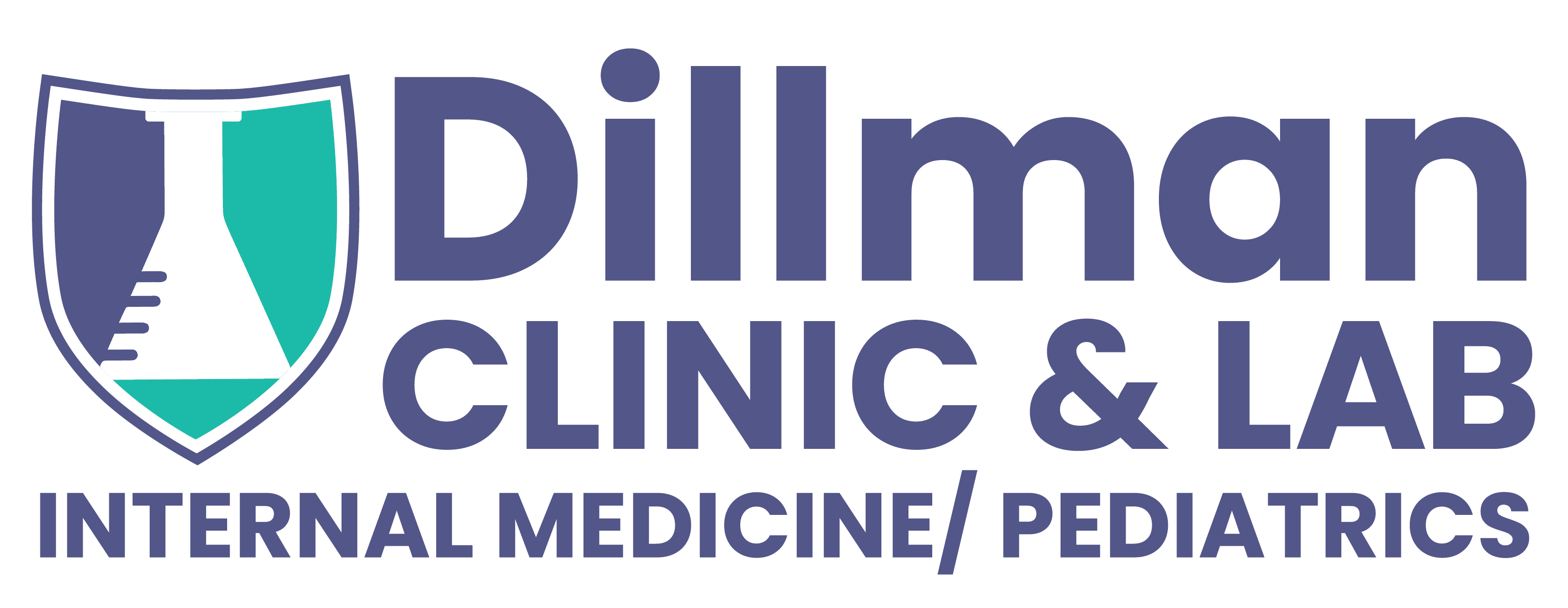Respiratory Syncytial Virus (RSV) is a highly contagious virus that primarily affects the respiratory system. It’s a significant cause of respiratory infections in infants, young children and elderly adults.
RSV infections can range from mild to severe.
Common symptoms include:
Coughing: Persistent coughing, often accompanied by a wheezing sound.
Sneezing and runny nose: Similar to symptoms of the common cold.
Fever: Fever is common in RSV infections; especially in young children.
Breathing difficulties: In severe cases, RSV can cause difficulty breathing, rapid breathing, and wheezing.
Irritability: Infants and young children might show signs of discomfort and irritability.
Transmission: RSV spreads through respiratory droplets when an infected person coughs or sneezes. It can also survive on surfaces for several hours, making it easy to contract by touching contaminated surfaces and then touching the face.
High-Risk Groups:
Infants and young children: Children under the age of 2 are at higher risk of severe RSV infections.
Elderly adults: Older adults; especially those with weakened immune systems or preexisting conditions, are also susceptible to severe RSV infections.
Individuals with certain health conditions: People with chronic lung or heart diseases, weakened immune systems, or other chronic conditions are more vulnerable.

Prevention:
Hand Hygiene: Regularly washing hands with soap and water can reduce the risk of transmission.
Avoid close contact: Try to avoid close contact with sick individuals; especially if you’re in a high-risk group.
Vaccination: Vaccination is now available, but patients should check coverage based on their insurance provider.
Hygiene etiquette: Covering coughs and sneezes with a tissue or the elbow and disposing of tissues properly, can help prevent the spread of the virus.
Treatment:
Supportive Care: There’s no specific antiviral treatment for RSV. Most cases can be managed with supportive care, such as fever reducers and plenty of fluids.
Hospitalization: Severe cases; especially in infants and older adults, might require hospitalization for respiratory support.

Please note that medical information can change over time and it’s essential to refer to the most recent and reliable sources for up-to-date information. Please consider checking the latest guidelines from reputable health organizations such as the Centers for Disease Control and Prevention (CDC) or the World Health Organization (WHO).
Don’t spend another day wondering how to keep you and your baby safe. Schedule an appointment at our Lakeville, Minnesota, office by calling 952-388-1212 or clicking the button below.

